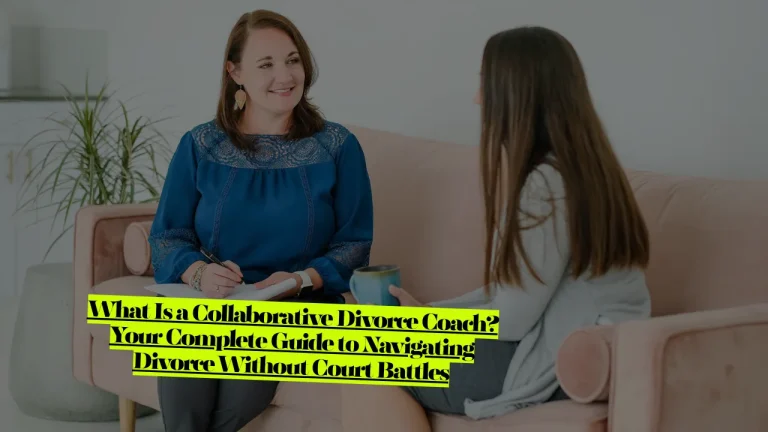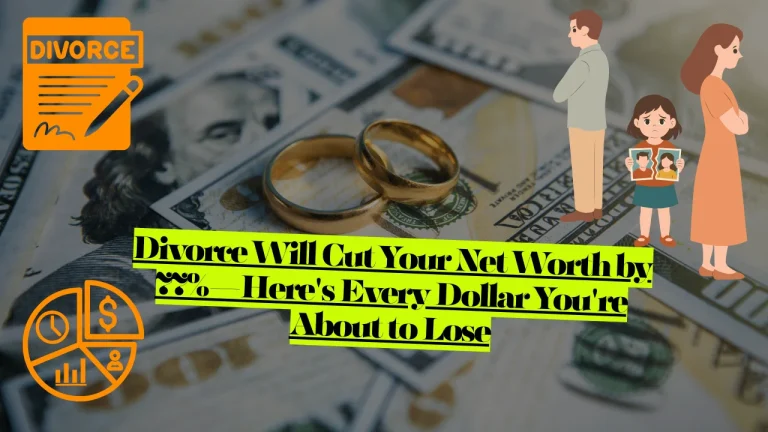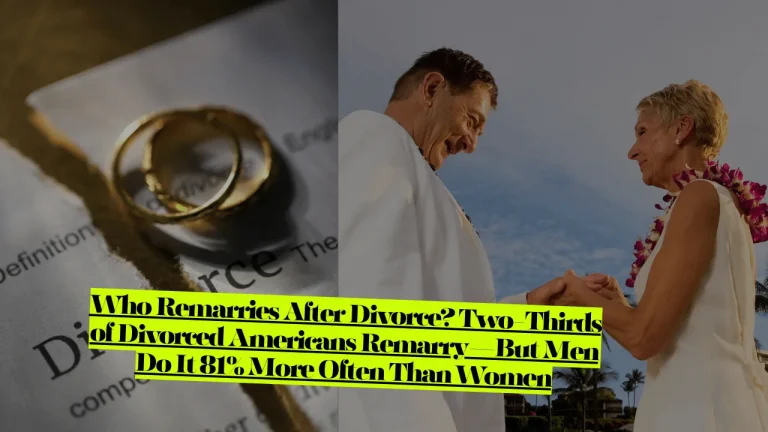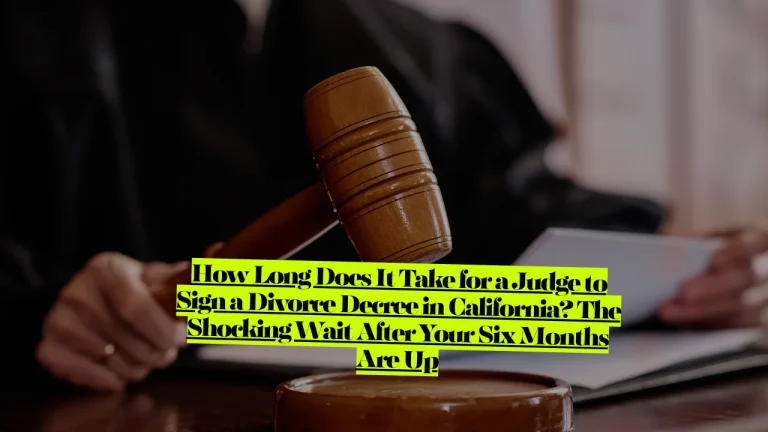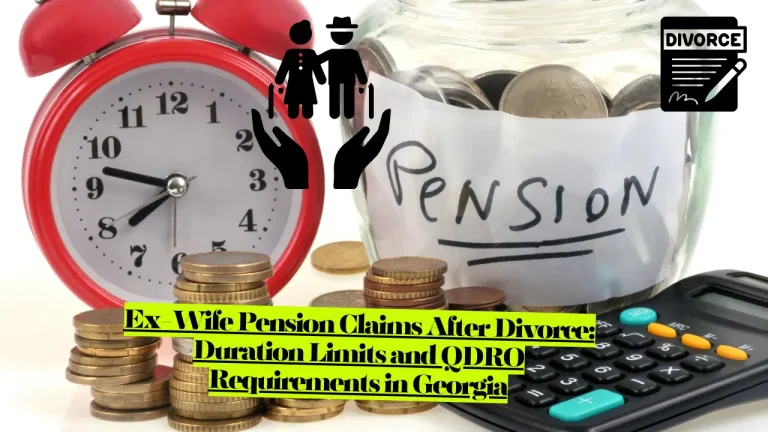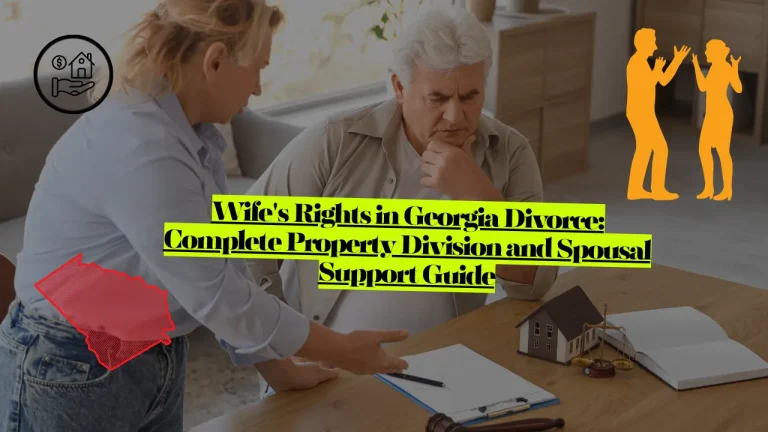What Is a Collaborative Divorce Coach? Your Complete Guide to Navigating Divorce Without Court Battles
A collaborative divorce coach is a licensed mental health professional with specialized training in collaborative family law who helps divorcing couples manage emotional challenges, improve communication, and stay focused on goals throughout the divorce process. Unlike traditional divorce attorneys who represent one party’s interests, coaches work with both spouses to develop co-parenting plans, facilitate constructive…

